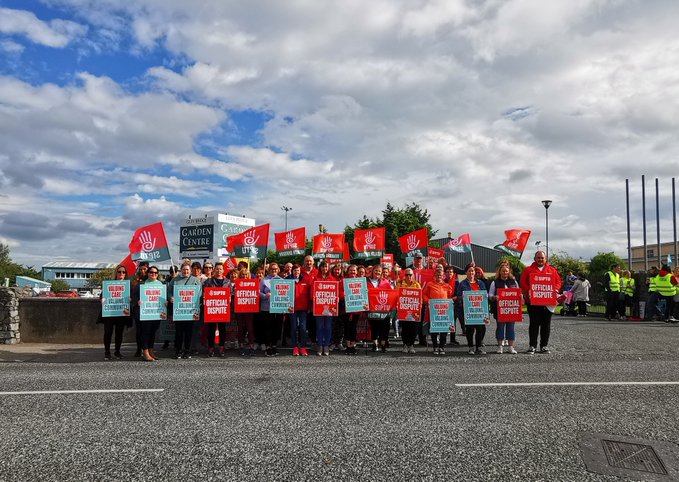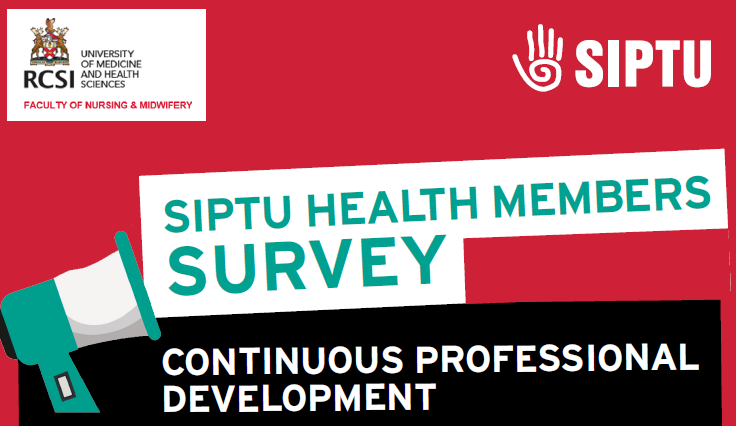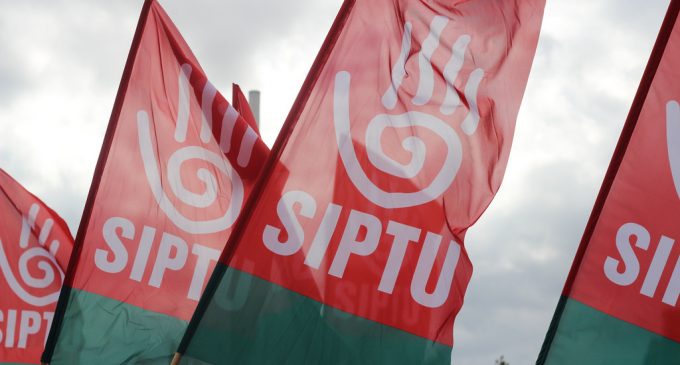SIPTU says further solutions needed to address staffing issues in home care sector
SIPTU representatives have called on the Government to engage in meaningful dialogue to seek comprehensive solutions to the recruitment and retention crisis in the home support sector.
In response to the announcement by health minister, Stephen Donnelly, that State-funded home support providers will receive an increase in funding in order to pay workers the living wage, SIPTU Sector Organiser, Pat Flannery, said that it will not fully address issues in the sector.
SIPTU Sector Organiser, Pat Flannery said; “While we acknowledge the Government’s efforts to address some of the challenges in the sector, the announced pay increase falls short of what is needed to effectively tackle the current recruitment and retention issues faced by home support services.
“The current Living Wage in Ireland is €13.10 per hour. In the public service, a healthcare support assistant can start on more than €16 per hour. This will rise to more than €20 per hour for those who reach the top of their salary scale. In addition, public service healthcare support assistants enjoy union-negotiated benefits such as access to a pension scheme, paid sick leave, sufficient contracted hours and premium payments for unsociable hours. These are not often a feature in contracts of employment in the voluntary and private sectors.
“It is crucial to understand that the proposals do not go far enough in providing a sustainable solution for the voluntary home support sector. Progress in this area is far too slow to date and the Government needs to stop taking a piecemeal approach to this issue.
“Our members want the Government to engage in meaningful dialogue with their trade union to explore more comprehensive solutions to the recruitment and retention crisis in the home support sector.”






